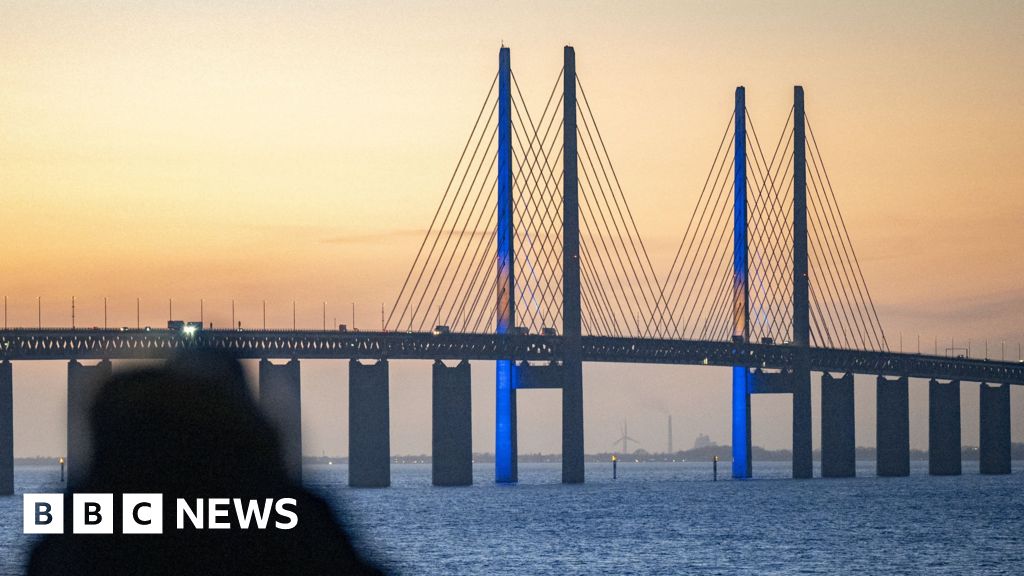Receive free Netherlands politics updates
We’ll send you a myFT Daily Digest email rounding up the latest Netherlands politics news every morning.
Dutch prime minister Mark Rutte has said he will leave politics after his coalition government tendered its resignation because of a split over immigration.
Rutte, the EU’s second-longest serving leader after Hungary’s Viktor Orbán, told parliament on Monday he would quit after his four-party coalition collapsed last week over differences in asylum policy.
The Dutch prime minister, who has been in power since 2010, said he would not run for another term in the coming elections. Rutte’s liberal VVD is the largest party in the Dutch parliament and he has led four different coalitions.
Rutte’s fall came after he tried to introduce a tougher immigration policy following rising numbers of asylum seekers in the Netherlands. It led to reception centres becoming overwhelmed, with a baby dying in one case last year.
A lack of housing in the tightly packed country of 18mn had added to pressure on the government to cut arrival numbers.
The VVD wanted to reduce the number of asylum seekers who could bring their families to the Netherlands. Only those in personal danger, such as because of their political views or sexual orientation, would be allowed to do so.
D66, a more progressive liberal party, and the Christian Union, a centrist party, rejected the plan.
Dubbed “Teflon Mark” by the Dutch media for his ability to survive crises, Rutte decided to depart this time, even though he had managed to overcome several difficult moments in the past.
Just this year, a critical report into his handling of earthquakes caused by gas exploration in the giant Groningen field showed that thousands of homes and other buildings had been damaged. The Hague is paying out billions of euros in compensation and to shore up homes.
Rutte’s last government collapsed after running a welfare programme that denied child benefits to parents from a minority background, based on an algorithm that projected they were more likely to be fraudsters.
As a result, hundreds of children were taken from their parents and the debt families were suddenly saddled with, including steep repayment deadlines, pushed some adults into suicide.
Rutte leaving politics may have been his last political calculation.
Following the collapse of his four-party coalition on Friday, he was facing a vote of no confidence in parliament that he was likely to lose, said Sarah De Lange, professor of politics at the University of Amsterdam. “He did this to protect his reputation,” she said, in reference to his announcement that he would quit politics altogether.
“The opposition parties were willing to support the motion, and it would have been an individual vote with the risk of some D66 MPs supporting as well and toppling him,” De Lange added.
Sjoerd Sjoerdsma, an MP with D66, said that Rutte had “overplayed his hand deliberately, ruined his cabinet and brought absolute chaos to our country”.
Farid Azarkan, leader of Denk, a party that campaigns for minority rights, said it was “the right decision at the wrong time”.
Rutte, 56, said he took the decision on Sunday morning without pressure from his party. “I do this with mixed feelings, with emotions. I love the team dearly. But it feels good.”
He will remain as caretaker prime minister along with his cabinet until elections that are likely to happen in November.
He said he did know what he would do next but ruled out a top job in the EU. Rutte has been taking a morning off each week to teach social studies at a school in The Hague. “Maybe I’ll do that for a few days,” he said.
Credit: Source link











